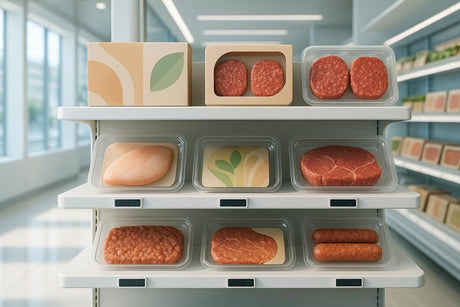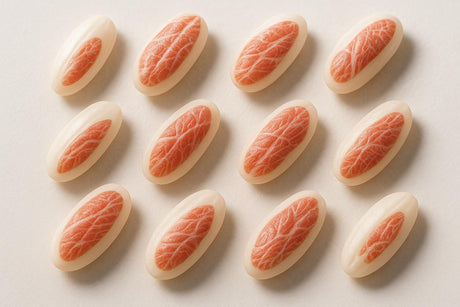Uncover the Future of Food with Cultivated Meat
The food industry is evolving, and lab-grown meat is at the forefront of this revolution. This innovative approach to protein production offers a sustainable alternative to traditional farming, addressing some of the most pressing challenges of our time. Whether you’re a health-conscious eater, an environmental advocate, or someone exploring ethical food choices, understanding the advantages of this technology can reshape how you think about your plate.
Why Consider Lab-Grown Meat?
One of the standout reasons to explore this option is its potential to reduce the ecological footprint of food production. Studies suggest that switching to cultivated alternatives can slash greenhouse gas emissions by a significant margin compared to conventional livestock farming. Beyond the planet, it also tackles personal wellness—think lower saturated fats and customizable nutrition profiles. And let’s not forget the ethical angle: no animals are harmed in the process, which resonates with many who seek compassionate choices.
Make Informed Decisions
Navigating these benefits can feel overwhelming, but it doesn’t have to be. Tools and resources are emerging to help consumers weigh the pros of sustainable meat options against traditional methods. By diving into tailored insights, you can align your diet with your values, whether that’s protecting the environment or prioritizing health. The future of food is here—why not take a closer look today?
FAQs
What exactly is cultivated meat, and how is it different from traditional meat?
Great question! Cultivated meat, often called lab-grown meat, is produced by culturing animal cells in a controlled environment, rather than raising and slaughtering animals. It’s real meat, just made without the farm. The big difference? It cuts down on environmental harm, avoids ethical issues tied to animal suffering, and often has a better nutritional profile since it can be engineered to reduce things like saturated fat. Our tool helps you see these differences in detail based on what matters to you.
How accurate is the data in the benefits report?
We’ve got you covered on reliability. The data in our Cultivated Meat Benefits Analyzer comes from peer-reviewed studies, industry reports, and credible research on lab-grown meat’s impact. While exact numbers can vary depending on production methods, we focus on widely accepted findings—like up to 90% lower greenhouse gas emissions compared to traditional beef. We’re transparent about our sources, so you can dig deeper if you’d like. It’s all about giving you a solid starting point to make informed decisions.
Can I trust this tool if I’m new to the concept of cultivated meat?
Absolutely, this tool is built for everyone—whether you’re a curious newbie or a seasoned advocate. We keep things simple and clear, breaking down complex ideas into bite-sized insights. If you’re unsure about your selections, we’ll nudge you to clarify so your report feels relevant. Think of it as a friendly guide to navigating the world of sustainable meat alternatives. You don’t need prior knowledge; just pick what interests you, and we’ll handle the rest!













